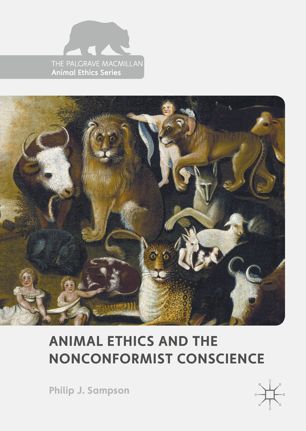

Most ebook files are in PDF format, so you can easily read them using various software such as Foxit Reader or directly on the Google Chrome browser.
Some ebook files are released by publishers in other formats such as .awz, .mobi, .epub, .fb2, etc. You may need to install specific software to read these formats on mobile/PC, such as Calibre.
Please read the tutorial at this link: https://ebookbell.com/faq
We offer FREE conversion to the popular formats you request; however, this may take some time. Therefore, right after payment, please email us, and we will try to provide the service as quickly as possible.
For some exceptional file formats or broken links (if any), please refrain from opening any disputes. Instead, email us first, and we will try to assist within a maximum of 6 hours.
EbookBell Team

4.8
54 reviewsThis book explores the religious language of Nonconformity used in ethical debates about animals. It uncovers a rich stream of innovative discourse from the Puritans of the seventeenth century, through the Clapham Sect and Evangelical Revival, to the nineteenth century debates about vivisection. This discourse contributed to law reform and the foundation of the RSPCA, and continues to flavour the way we talk about animal welfare and animal rights today. Shaped by the "nonconformist conscience", it has been largely overlooked. The more common perception is that Christian “dominion” authorises the human exploitation of animals, while Enlightenment humanism and Darwinian thought are seen as drawing humans and animals together in one "family". This book challenges that perception, and proposes an alternative perspective. Through exploring the shaping of animal advocacy discourses by Biblical themes of creation, fall and restoration, this book reveals the continuing importance of the nonconformist conscience as a source to enrich animal ethics today. It will appeal to the animal studies community, theologians and early modern historians.